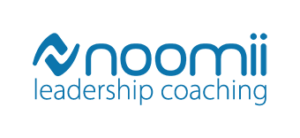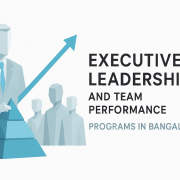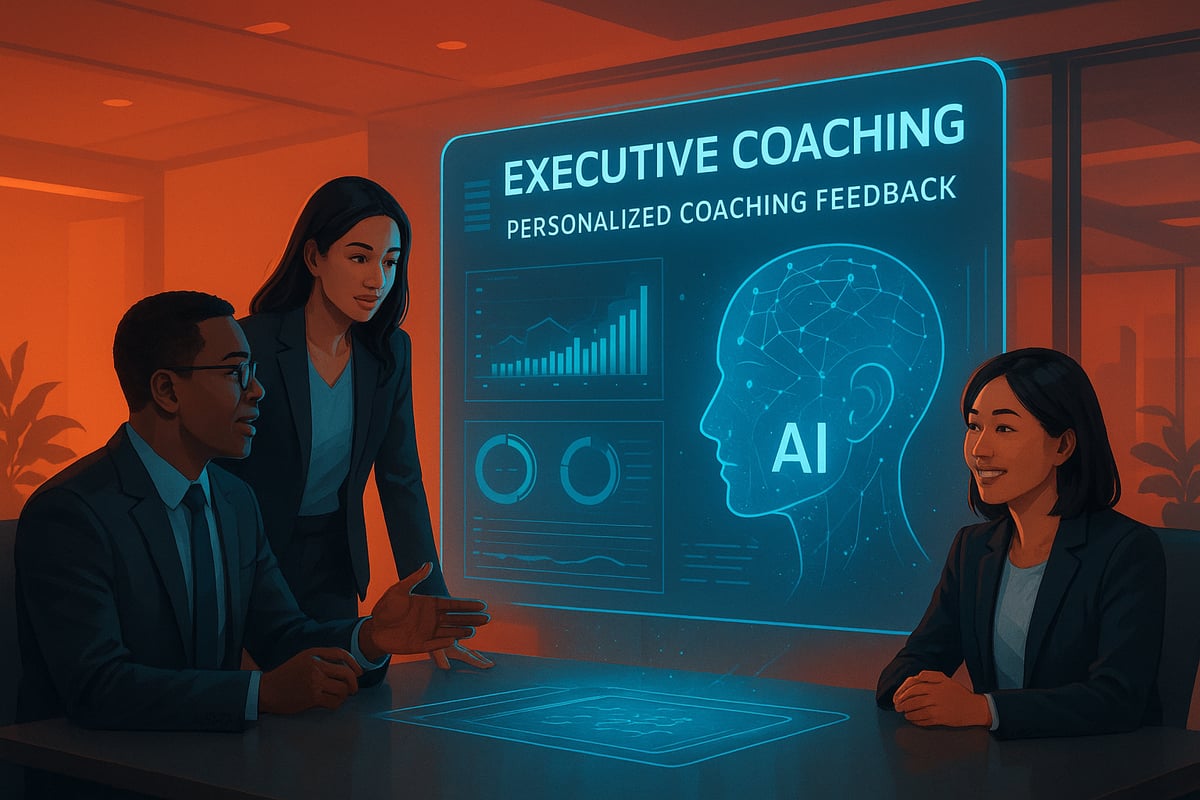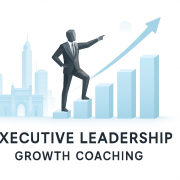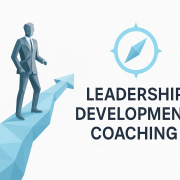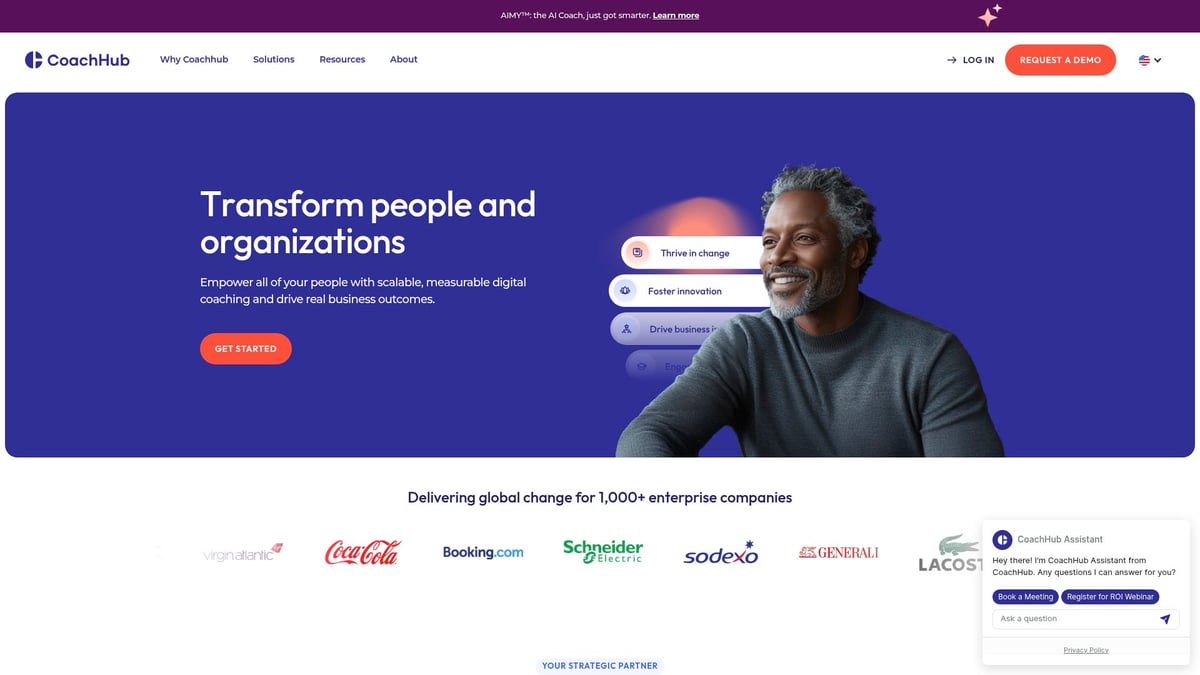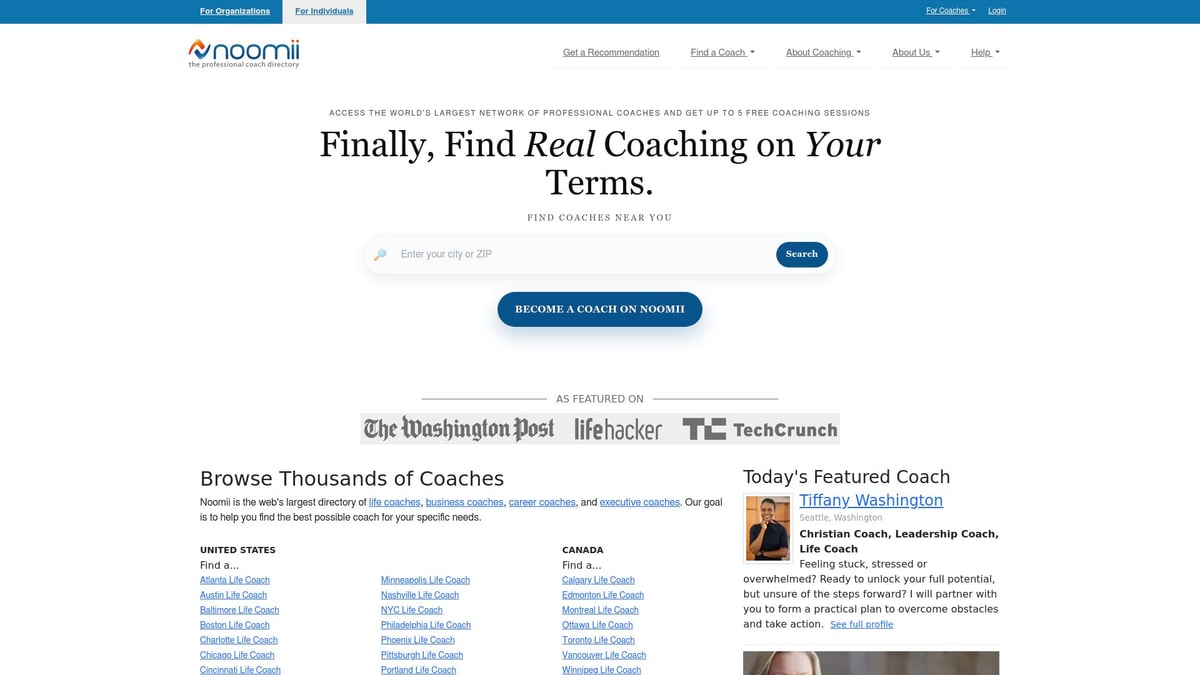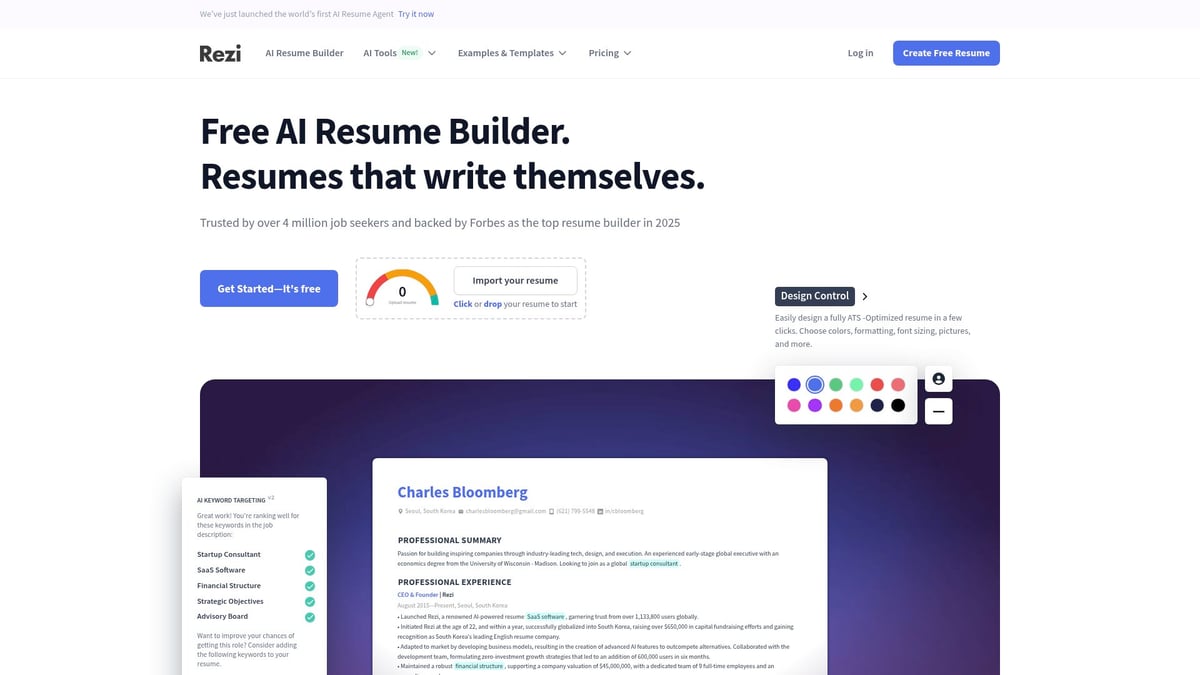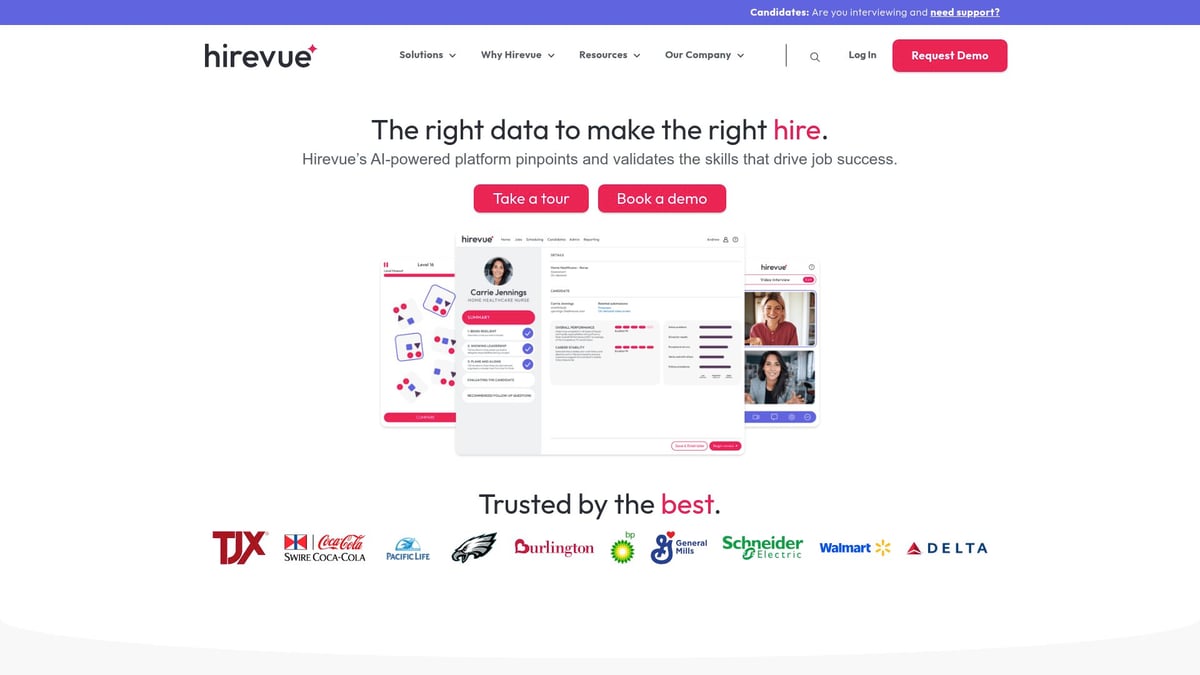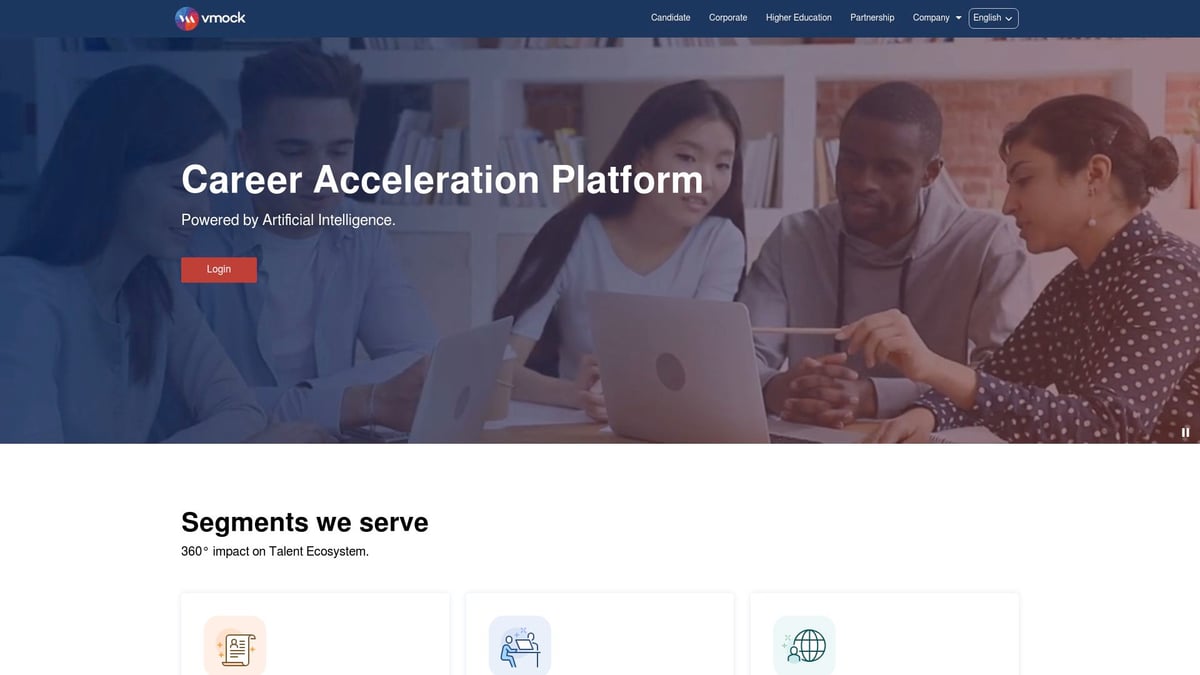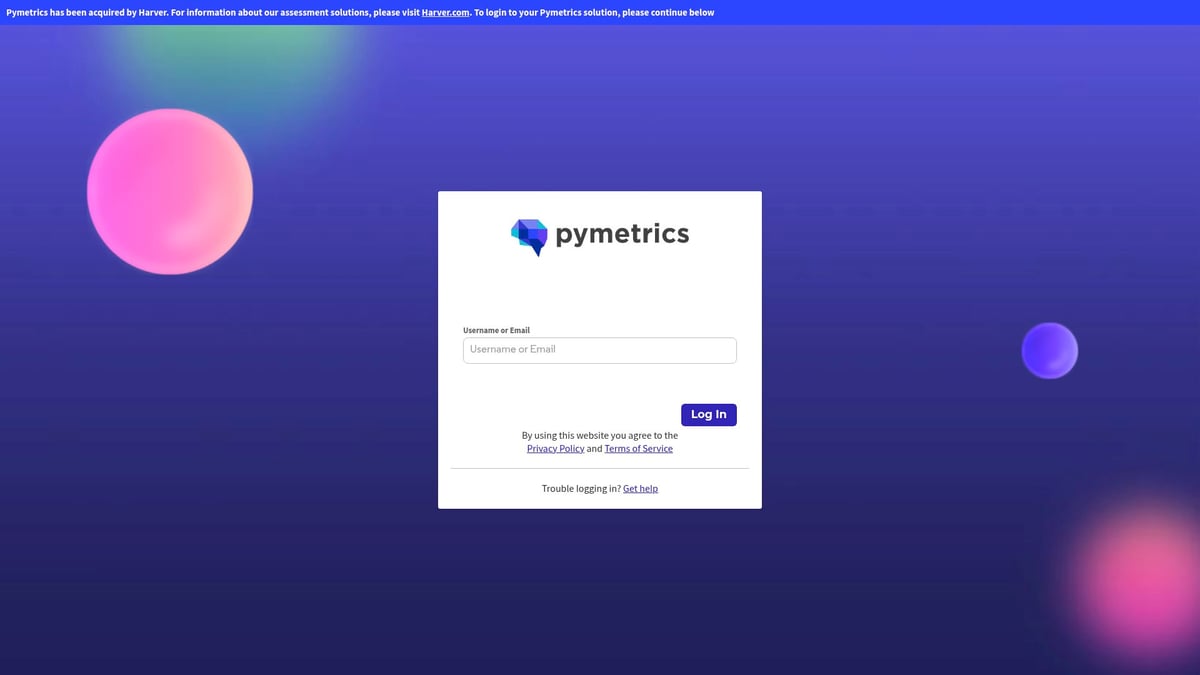7 Essential Executive Leadership And Team Performance Programs In Bangalore
Bangalore’s rapid transformation into a global tech powerhouse has placed executive leadership and team performance programs in bangalore at the forefront of organizational success. In today’s competitive landscape, companies are seeking proven ways to cultivate high-performing teams and visionary leaders.
This article reveals the 7 most essential executive leadership and team performance programs in bangalore, each designed to boost productivity, drive innovation, and foster resilient cultures. Explore these top-rated solutions and unlock your team’s full potential.
The Rising Demand for Executive Leadership and Team Performance Programs in Bangalore
Bangalore stands at the forefront of India’s booming technology and business sectors. As organizations scale rapidly, the demand for executive leadership and team performance programs in bangalore has reached unprecedented levels. Companies recognize that strong leaders and cohesive teams are essential to thrive in today’s competitive landscape.
The city’s unique environment brings its own set of challenges. Rapid growth often leads to talent gaps and fierce competition for skilled professionals. Cultural diversity is both a strength and a complexity, requiring leaders to navigate multicultural teams with agility. Innovation pressure is constant, pushing businesses to rethink their strategies and invest in people development.
Investing in executive leadership and team performance programs in bangalore is not just a trend—it delivers measurable returns. Recent industry data highlights that for every dollar invested in leadership development, employers can see up to seven dollars in return, thanks to increased retention and productivity (Employers see $7 ROI for every $1 spent on leadership programs). Enhanced leadership directly correlates with higher employee engagement, reduced turnover, and improved business outcomes.
Several trends are reshaping how organizations approach executive leadership and team performance programs in bangalore. Digital transformation is accelerating, requiring leaders to adapt quickly to new technologies and hybrid work environments. Cross-functional collaboration is now a necessity, not a luxury. Companies are prioritizing programs that foster adaptability, emotional intelligence, and remote team management capabilities.
Industry surveys reveal that Bangalore-based organizations are increasingly allocating budgets to corporate training and leadership development. Leading firms, from startups to major enterprises, have seen significant gains by tailoring executive leadership and team performance programs in bangalore to their unique needs. Certified coaches and experienced facilitators play a critical role, ensuring that interventions are relevant, actionable, and impactful.
Tailored programs are key to bridging local and global business challenges. They equip leaders to handle everything from compliance to culture transformation. The right program can turn teams into high-performing units ready to face any disruption.
7 Essential Executive Leadership And Team Performance Programs In Bangalore
Bangalore’s business landscape is rapidly evolving, making it vital for organizations to invest in executive leadership and team performance programs in bangalore. The right program can transform your leadership pipeline, foster resilient teams, and drive sustainable growth. Below, we explore seven essential executive leadership and team performance programs in bangalore, each offering unique strengths and proven results for organizations of every size.
1. Noomii Corporate Leadership Program
Noomii stands out as a top contender among executive leadership and team performance programs in bangalore. Their approach is built on evidence-based diagnostics, precise coach matching, and custom interventions for measurable impact.
Pricing: No published rates, fully customized quotes after consultation.
Core Features:
- Evidence-based leadership diagnostics
- Coach-Match Guarantee for optimal fit
- Targeted interventions and compliance alignment
- Scalable impact measurement and reporting
Key Benefits:
- Measurable leadership growth tracked over time
- Enhanced team dynamics and engagement
- Improved organizational alignment across all levels
Unique Selling Points:
- Global reach, industry-agnostic solutions
- Hands-off, end-to-end managed process
- Trusted by Fortune 500s, government agencies, and SMEs
Target Audience: HR leaders, learning and development teams, government, Fortune 500s, any organization facing leadership challenges.
Ideal Use Cases:
- Addressing toxic leadership and low engagement
- Strategic change management
- Compliance-driven environments
Pros:
- Fully customized, hands-off process
- Proven ROI and impact measurement
- Coach-Match Guarantee
Cons:
- Pricing not transparent
- Consultation required for quote
For a deeper dive into the science and benefits behind these offerings, visit the Executive and Leadership Coaching Overview.
Noomii’s precision and global experience make it a trusted choice for executive leadership and team performance programs in bangalore. Their managed approach relieves HR and L&D teams, ensuring focus stays on business outcomes.
2. FranklinCovey India Leadership Development
FranklinCovey is a globally recognized name in executive leadership and team performance programs in bangalore, known for its “7 Habits” framework and deep expertise in principle-centered leadership.
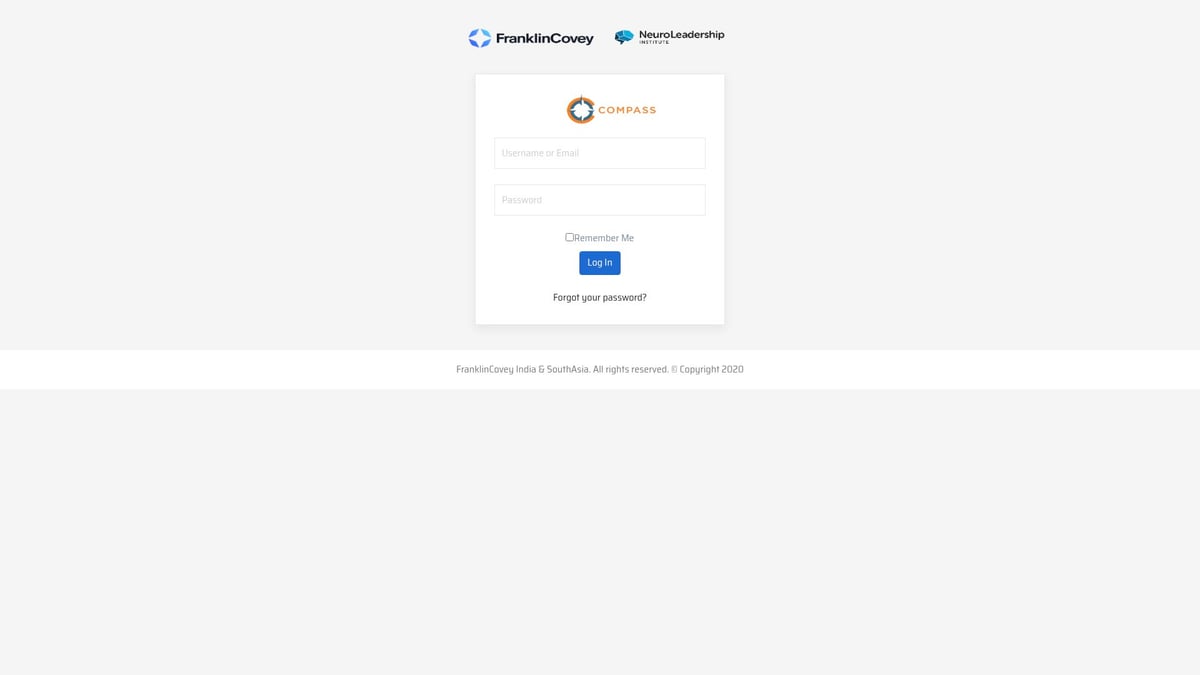
Pricing: Program-specific, available upon request.
Core Features:
- “7 Habits of Highly Effective People” curriculum
- Executive coaching and team workshops
- Leadership assessments and development journeys
Key Benefits:
- Globally validated, time-tested frameworks
- Scalable for organizations of all sizes
- Focuses on building core leadership habits and culture
Unique Selling Points:
- Extensive network of certified facilitators
- Robust support materials and post-program resources
- Strong client testimonials and case studies
Target Audience: Mid-level to senior leaders, HR professionals, enterprise teams.
Ideal Use Cases:
- Culture transformation initiatives
- Building leadership pipelines
- Cross-functional team alignment
Pros:
- Highly customizable delivery
- Proven methodologies
- Strong support ecosystem
Cons:
- Pricing on request
- May be less tailored to niche industry needs
FranklinCovey’s leadership solutions are ideal for organizations seeking structured, globally respected executive leadership and team performance programs in bangalore.
3. Harappa School of Leadership
Harappa brings a fresh perspective to executive leadership and team performance programs in bangalore, with a focus on habit-building and behavioral change.
Pricing: Custom packages for organizations.
Core Features:
- Blended learning: live virtual sessions and digital modules
- Leadership simulations and real-world case studies
- Peer learning and cohort-based experiences
Key Benefits:
- Practical, behavior-focused leadership skills
- Measurable outcomes and real-world application
- High engagement and interactivity
Unique Selling Points:
- Modern, India-centric pedagogy
- Strong digital platform for learning continuity
- Content designed for emerging leaders and first-time managers
Target Audience: Emerging leaders, first-time managers, high-potential employees.
Ideal Use Cases:
- Leadership transitions and succession planning
- Digital transformation readiness
- Building foundational leadership skills
Pros:
- Flexible formats and delivery
- Strong local context and relevance
- Engaging, habit-building approach
Cons:
- Longer engagement required for deep results
Harappa is a prime choice for organizations prioritizing practical, sustained change through executive leadership and team performance programs in bangalore.
4. Crestcom Leadership Development
Crestcom specializes in interactive, ongoing executive leadership and team performance programs in bangalore, designed for consistent reinforcement and measurable change.
Pricing: Modular, available on inquiry.
Core Features:
- Interactive workshops with live facilitation
- Monthly learning modules and assignments
- Peer learning and accountability tracking
Key Benefits:
- Ongoing development for lasting results
- Actionable takeaways after every session
- Strong peer network for shared learning
Unique Selling Points:
- Monthly cadence for sustained impact
- Global best practices blended with local insights
- Focus on measurable behavior change
Target Audience: Mid-level managers, team leads, department heads.
Ideal Use Cases:
- Continuous leadership development
- Enhancing team communication and collaboration
- Performance management
Pros:
- Consistent reinforcement of learning
- Emphasis on accountability
- Strong facilitator network
Cons:
- Requires several months’ commitment
Crestcom’s approach suits organizations seeking structured, ongoing executive leadership and team performance programs in bangalore that foster real behavior change.
5. Tata Management Training Centre (TMTC)
TMTC leverages Tata Group’s legacy and expertise to offer industry-specific executive leadership and team performance programs in bangalore, tailored for the Indian business environment.
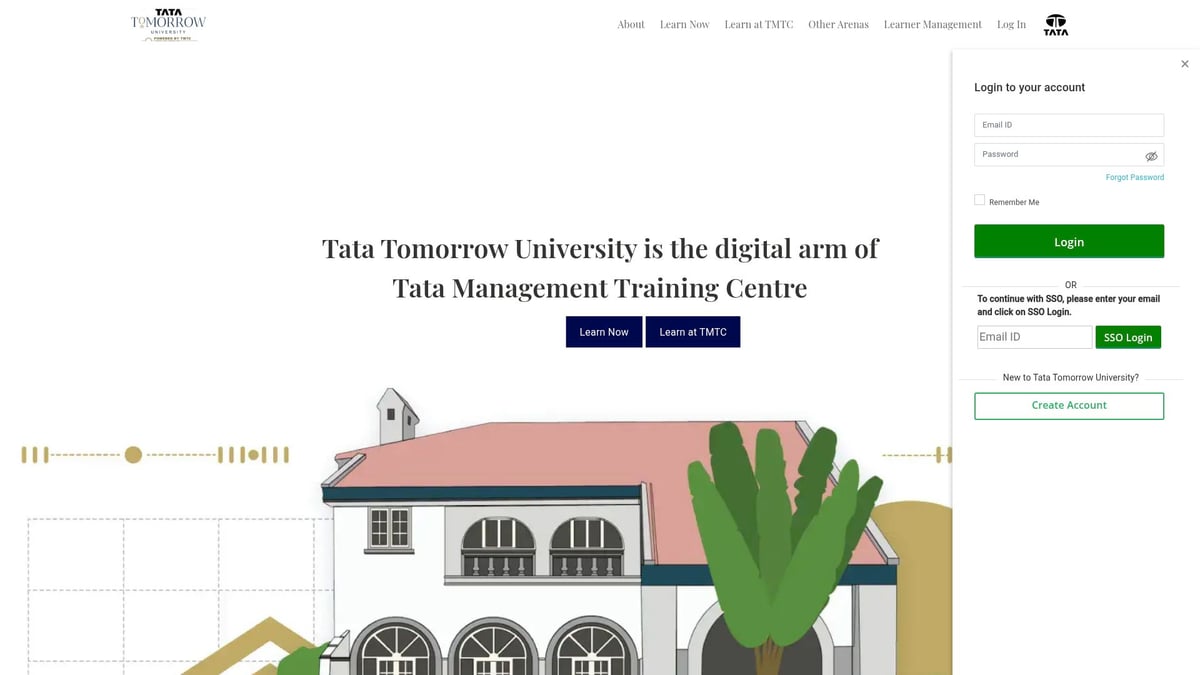
Pricing: Customized for corporate clients.
Core Features:
- Executive education and leadership labs
- Experiential learning modules
- Sector-focused programs and masterclasses
Key Benefits:
- Deep India business context and relevance
- Practical leadership challenges and simulations
- Access to Tata thought leaders and alumni network
Unique Selling Points:
- Strong legacy and reputation
- Tailored programs for Tata companies and external clients
- Focus on strategic leadership and transformation
Target Audience: Senior executives, high-potential leaders, Tata Group and external organizations.
Ideal Use Cases:
- Strategic and business transformation
- Sector-specific leadership development
- Building resilient leadership pipelines
Pros:
- Highly respected in Indian industry
- Strong alumni and peer network
- Tailored to Indian business challenges
Cons:
- May prioritize Tata affiliates
- Limited open enrollment programs
TMTC is ideal for organizations valuing Indian business wisdom and bespoke executive leadership and team performance programs in bangalore.
6. People Business Executive Leadership Programs
People Business delivers holistic, data-driven executive leadership and team performance programs in bangalore with a strong focus on organizational culture and transformation.
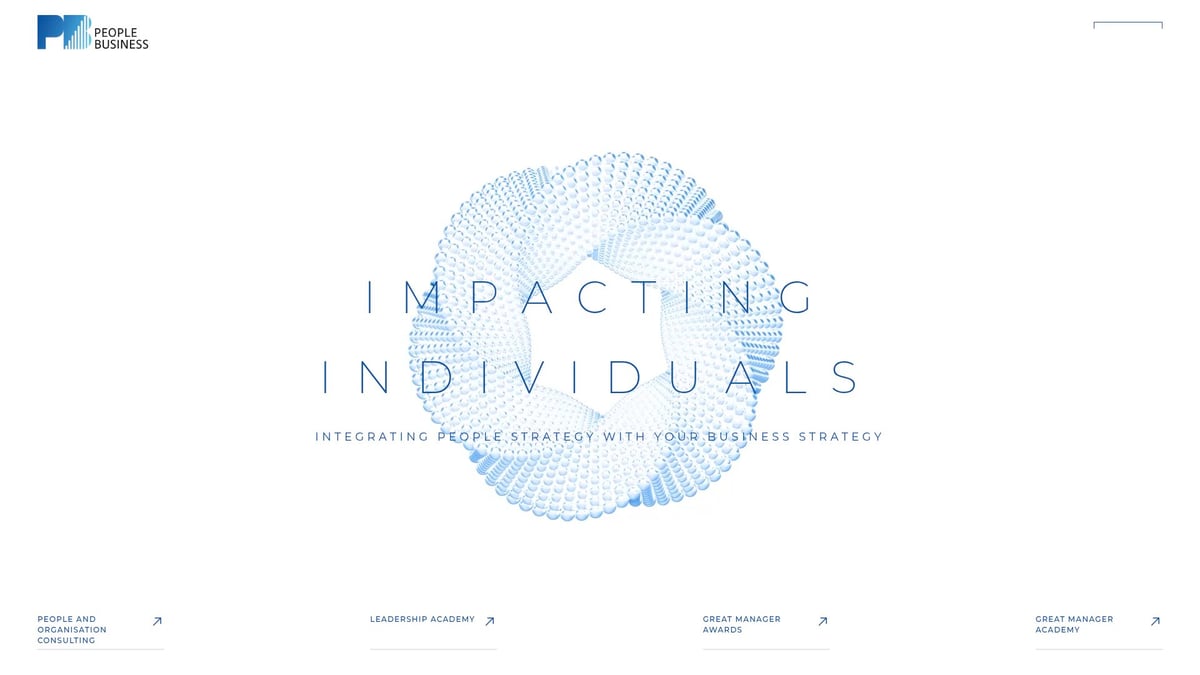
Pricing: Bespoke, based on organizational needs.
Core Features:
- Leadership and culture diagnostics
- Executive coaching and team effectiveness workshops
- Robust leadership assessments
Key Benefits:
- Data-driven insights for targeted development
- Holistic approach covering leaders and teams
- Focus on measurable culture transformation
Unique Selling Points:
- Blend of Indian and global expertise
- High customization and flexibility
- Experienced facilitators with strong industry background
Target Audience: CXOs, senior leaders, HR heads.
Ideal Use Cases:
- Mergers and acquisitions integration
- Rapid scaling and culture change
- Leadership transitions
Pros:
- Strong diagnostics and assessment tools
- High degree of customization
- Experienced, credible facilitators
Cons:
- Pricing and availability on request
People Business is a strong partner for organizations seeking culture-focused executive leadership and team performance programs in bangalore.
7. Ernst & Young (EY) Leadership Academy
EY Leadership Academy delivers enterprise-grade executive leadership and team performance programs in bangalore, drawing on global best practices and a digital-first approach.
Pricing: Tailored for enterprise clients.
Core Features:
- Immersive workshops and digital leadership labs
- Executive coaching by cross-industry experts
- Industry-specific program tracks
Key Benefits:
- Access to EY’s global knowledge network
- Focus on digital leadership and innovation
- Measurable business outcomes and impact
Unique Selling Points:
- Industry-specific tracks for targeted development
- Cutting-edge content and methodologies
- Enterprise-scale delivery and support
Target Audience: Senior executives, digital leaders, transformation teams.
Ideal Use Cases:
- Digital transformation and innovation leadership
- Succession planning for large organizations
- Building future-ready leadership pipelines
Pros:
- Global expertise and credibility
- Strong digital focus
- Scalable for large enterprises
Cons:
- Premium pricing
- Best suited for large organizations
EY Leadership Academy is the go-to for large-scale, innovation-driven executive leadership and team performance programs in bangalore.
Choosing the right executive leadership and team performance programs in bangalore can be transformative for your organization.
Choosing the Right Executive Leadership Program for Your Organization
Selecting the best executive leadership and team performance programs in bangalore is a strategic move that can reshape your organization’s future. Start by clarifying your business objectives, desired leadership outcomes, and the specific challenges your teams face. Every organization’s context is unique, so align program choice closely with your core strategy.
Carefully assess leadership gaps and map them against the skills and mindsets you need to develop. Consider your available budget, scalability requirements, and whether you prefer in-person, digital, or blended delivery formats. These factors will significantly influence the fit and effectiveness of the program.
Key Criteria for Program Selection
Below is a quick reference table for evaluating executive leadership and team performance programs in bangalore:
| Criteria | Considerations |
|---|---|
| Organizational Goals | What are your priorities—growth, innovation, culture, retention? |
| Leadership Gaps | Skills, behaviors, or mindsets your leaders need to develop |
| Budget | Cost per participant, scalability, value for investment |
| Delivery Format | In-person, digital, blended, or modular options |
| Scalability | Can the program expand with your business? |
| Customization | Tailored diagnostics, industry relevance, local context |
A data-driven approach is vital. Look for programs that begin with robust assessments and diagnostics to precisely identify your organization’s needs. This ensures interventions are focused and measurable.
Delivery Models and Program Effectiveness
Today’s executive leadership and team performance programs in bangalore offer multiple delivery formats. In-person workshops foster networking and experiential learning. Digital and blended options offer flexibility, scalability, and often more frequent touchpoints. Choose the format that matches both your teams’ learning preferences and your operational realities.
Evaluating facilitator expertise is key. Review facilitator backgrounds, client testimonials, and program impact data. Post-program support, such as ongoing coaching or peer forums, sustains behavioral change and maximizes ROI. For organizations prioritizing high-performing teams, Team Coaching Strategies can provide further insights into effective group interventions.
Final Checklist for Decision-Makers
Before finalizing your choice among executive leadership and team performance programs in bangalore, use this checklist:
- Align program goals with your business strategy and current challenges.
- Confirm the program offers rigorous assessments and measurable outcomes.
- Evaluate the expertise and track record of facilitators.
- Ensure the delivery model fits your organization’s needs.
- Investigate post-program support options for ongoing development.
- Review case studies or references from Bangalore-based companies.
- Clarify costs, scalability, and customization options.
- Involve stakeholders from HR, L&D, and business leadership in the decision.
Remember, investing in the right executive leadership and team performance programs in bangalore is not just about training—it’s about building sustainable, high-accountability teams.
Maximizing Team Performance Through Leadership Development
Executive leadership and team performance programs in bangalore play a pivotal role in shaping high-performing teams. In Bangalore’s competitive business environment, organizations recognize that strong leadership is the foundation for unlocking team potential and driving business results.
Building High-Performing Teams: Strategies and Essentials
Research consistently shows that cohesive teams thrive under effective leaders. Evidence-based strategies such as fostering psychological safety, trust, and accountability are essential for team success. Leaders who prioritize open communication and emotional intelligence create environments where innovation and collaboration flourish. Recent studies on emotional intelligence’s role in effective leadership highlight its impact on building motivated, resilient teams.
To maximize team performance, organizations should:
- Encourage transparent feedback and regular check-ins
- Invest in conflict resolution and communication skills
- Set clear expectations and shared goals
- Celebrate achievements and learn from setbacks
Leadership development programs equip managers with these tools, ensuring teams are empowered to tackle complex challenges.
Overcoming Challenges and Sustaining Results
Executive leadership and team performance programs in bangalore address common obstacles like misalignment, poor communication, and unresolved conflicts. Leading companies in Bangalore leverage customized workshops, ongoing coaching, and digital analytics to track progress and adapt strategies. Access to resources such as Leadership Coaching Insights supports leaders in reinforcing new skills and sustaining positive change.
Long-term success depends on continuous learning and accountability. Organizations that prioritize leadership development see improvements in engagement, productivity, and retention.
